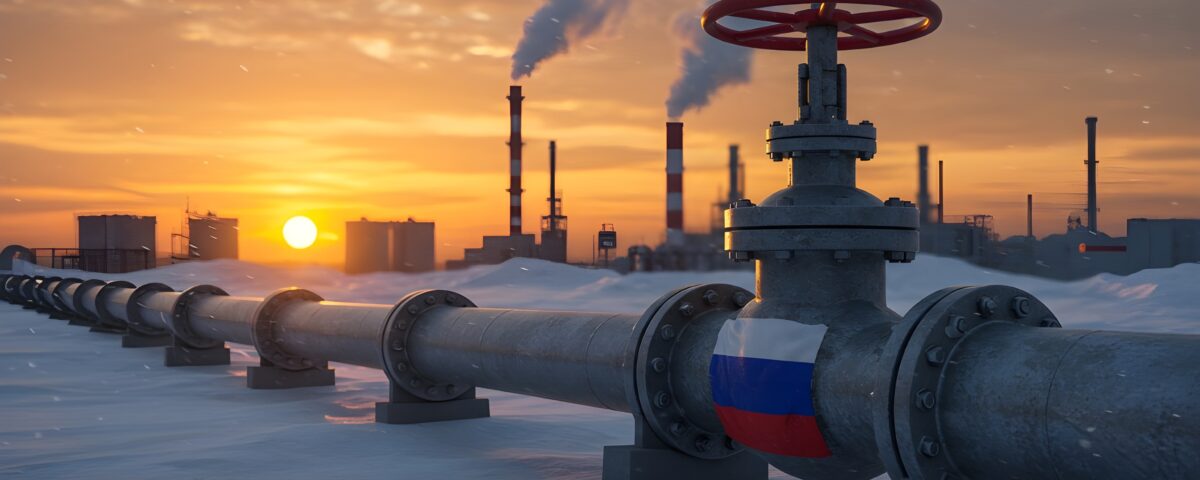
GLEG UK Energy Market Update…
May 6, 2025
India-Pakistan Conflict: Impact on Regional Stability and Energy Infrastructure
May 8, 2025What is it?
The European Union (EU) has announced a comprehensive strategy to intensify measures against Russia’s expanding shadow fleet of oil tankers while requiring Slovakia and Hungary to formulate plans to eliminate Russian oil imports by 2027. This initiative, outlined in a roadmap released by the European Commission on May 6, seeks to curb the EU’s dependence on Russian energy imports, which have continued to fund Moscow’s war in Ukraine despite existing sanctions since 2022.
Risks to Energy Markets
The roadmap highlights several risks to energy markets stemming from Russia’s shadow fleet. Many of these vessels are aged, poorly maintained, and have ambiguous ownership and insurance, raising environmental concerns such as potential oil spills. Additionally, approximately 580 tankers have been identified as transporting sanctioned Russian oil, often passing through EU waters. The EU’s enforcement of stricter regulations, including mandatory insurance disclosures for ships in EU waters, may disrupt the market and increase costs for third-party countries that rely on Russian oil shipments.
Potential Benefits and Offsetting Measures
Despite the potential risks, the Commission’s strategy offers several benefits. By reducing dependence on Russian oil, the EU aims to strengthen its energy security and align with broader decarbonization goals. Additionally, the roadmap underscores the importance of diplomatic outreach to countries registering these vessels and cooperation with the International Maritime Organization to enforce tougher safety standards. Furthermore, the Commission suggests that sufficient infrastructure, including the Adria pipeline linked to Croatia’s Omisalj port, is available to facilitate the transition to non-Russian oil supplies.
Summary…
The European Union plans to escalate its crackdown on Russia’s shadow fleet while also focusing on implementing oil phase-out strategies for Slovakia and Hungary. By the end of 2025, these countries must submit national plans detailing how they intend to end Russian oil imports by 2027. This initiative is part of a broader effort to curb Moscow’s energy revenues, enhance EU energy security, and mitigate environmental risks associated with Russia’s shadow fleet.
For further details on how these strategies might impact your business or to discuss potential implications, please reach out to our Head of Trading, Peter Leyland, at Peter.Leyland@gleg.co.uk.

